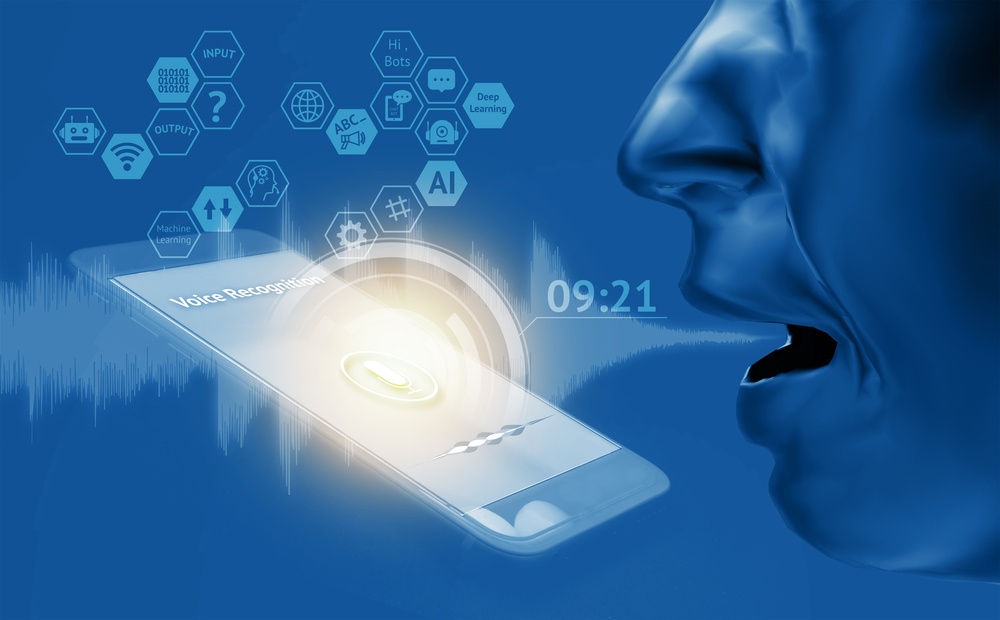



Get new exclusive access to healthcare business reports & breaking news




Google has reached new levels with the launch of its latest speech recognition technology.
The company has teamed up with Gallaudet University to create Live Transcribe – a new app for Android users.
Live Transcribe has been designed to translate up to 70 languages and dialects into text on your mobile device in real-time.
It’s the perfect ADA accessibility tool created to help the deaf and hard-of-hearing community.
Google’s launch video for the app said: “We all communicate differently, but Live Transcribe lets you join in instantly and have conversations with anyone, in any language, right from your Android phone.”
The man who inspired the app, Google research scientist Dimitri Kanevsky, has specialized in speech recognition and communications technology for 30 years.
He has been deaf since childhood and wanted to shape the development of the technology he could benefit from.
Dimitri often used CART, where spoken dialogue is transcribed onto a computer screen by a virtual captioner.
However teammate Chet Gnegy saw the limitations with this program and decided it was time for change.
CART was costly so could only be used for professional meetings, and required carrying around multiple devices.
Chet and Dimitri worked with Google’s accessibility team to create Live Transcribe – an app which enables two-way conversations via a type back feature for users who struggle or would prefer not to speak.
The app has now been rolled out for Android users to download via the Play Store and will now come pre-installed on Pixel 3 devices.
In a statement Google said: “Live Transcribe has the potential to give people who are deaf or hard of hearing greater independence in their everyday interactions.
“It brought Dimitri closer to his loved ones—he’s now able to easily communicate with his six-year-old twin granddaughters without help from other family members.”
Partner Gallaudet University is a private university for the education of the deaf and hard of hearing located in Washington DC.
The establishment has reported similar success with the app.
A Google projects team recently led a workshop for IT students in their Human Computer Interaction class and spoke about the company’s career opportunities.
In a tweet Gallaudet said: “The team canvassed the campus community to learn how the company could improve communication access.”
WHO has estimated 900 million people will be living with hearing loss by 2055.
In a YouTube interview with Android, Dimitri demonstrated the app’s immense capability.
He said: “Technology provides tremendous opportunities to help people with disabilities.
“I’m a research scientist at Google, and I’m developing speech recognition technology. Speech recognition accuracy finally became so good that I could fulfill my dream of my whole life to use speech recognition to communicate with people.”
The video shows Dimitri not only using the app in a professional setting, but when ordering a coffee and talking in a casual environment with friends.
This app really could be the start of something amazing for the deaf and hard of hearing community.